Introduction
Understanding animal intelligence is crucial for various reasons, including enhancing our knowledge of behavior, improving conservation efforts, and even discovering new ways to interact with wildlife. Intelligence in animals can be observed through problem-solving, communication, and social behaviors. This article explores the top 11 Smartest Animals in the World, showcasing their remarkable cognitive abilities.
You can also Explore the topic on Animals that Mate for Life.
Smartest Animals in the World:
If you’re wondering what is the smartest animal, the answer might surprise you, as different species excel in different types of intelligence. Therefore we have mentioned 11 Smartest Animals in the world, each showcasing unique abilities and intelligence.
1. Dolphins
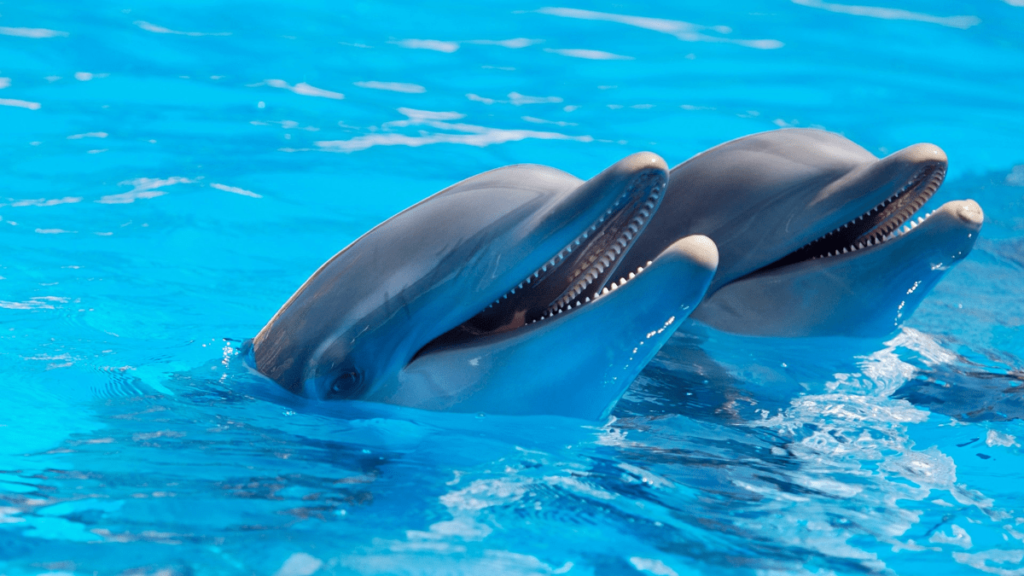
Overview of Intelligence
Dolphins are often considered some of the smartest animals due to their complex communication skills, problem-solving abilities, and social behaviors. They use a range of vocalizations and body language to communicate with each other and demonstrate the ability to learn complex tasks. Dolphins are also known for their use of tools, such as sponges to protect their snouts while foraging.
Scientific Name: Delphinidae
Practical Example:
In a well-known study, dolphins were trained to cooperate in a task that required two dolphins to press a lever simultaneously. The dolphins communicated and coordinated their actions to achieve this, demonstrating an understanding of cooperation and teamwork.
2. Great Apes (Chimpanzees, Gorillas, Orangutans, Bonobos)
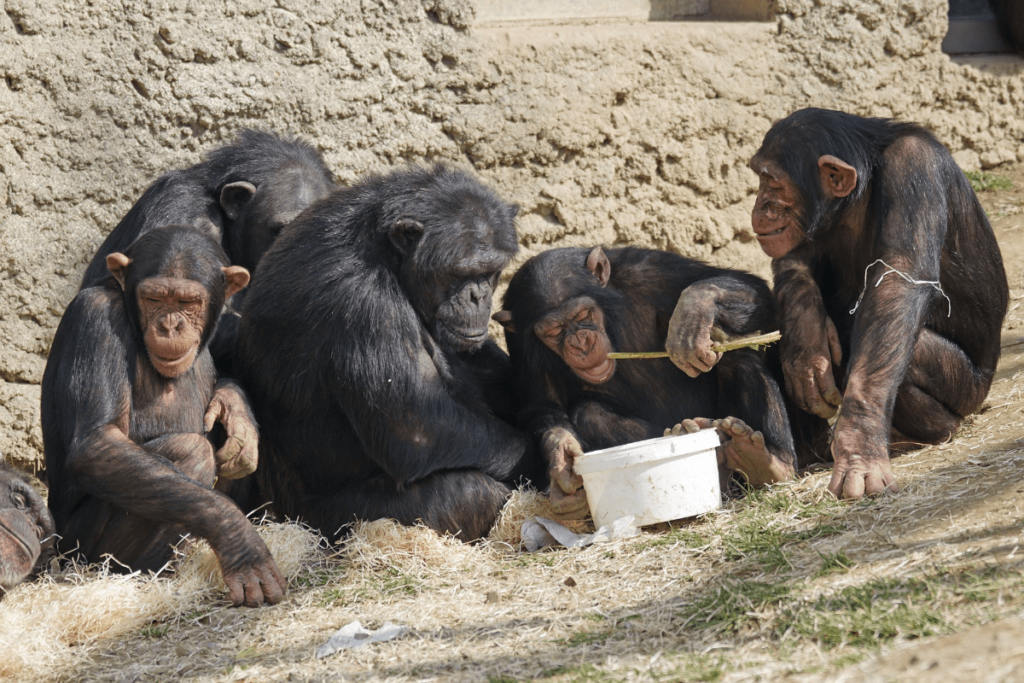
Overview of Intelligence
Among the most intelligent animals are primates, who share many cognitive abilities with humans, including tool use and social bonding.
Great apes exhibit remarkable problem-solving skills and are known for their use of tools. They display complex social behaviors and advanced learning abilities. Bonobos, for instance, are known for their peaceful social structures and empathy towards each other, while chimpanzees and gorillas have demonstrated the ability to use tools and understand abstract concepts.
Scientific Names:
- Chimpanzee: Pan troglodytes
- Gorilla: Gorilla gorilla
- Orangutan: Pongo spp.
- Bonobo: Pan paniscus
Practical Example:
Primates like chimpanzees and orangutans are ranked among the smartest animals because of their use of tools and high-level social interactions.
Chimpanzees in the wild have been observed using sticks to extract termites from mounds, a behavior that requires understanding how to manipulate objects as tools. In a famous case, chimpanzees at Gombe Stream National Park were observed fashioning sticks into spears to hunt small mammals.
3. Elephants
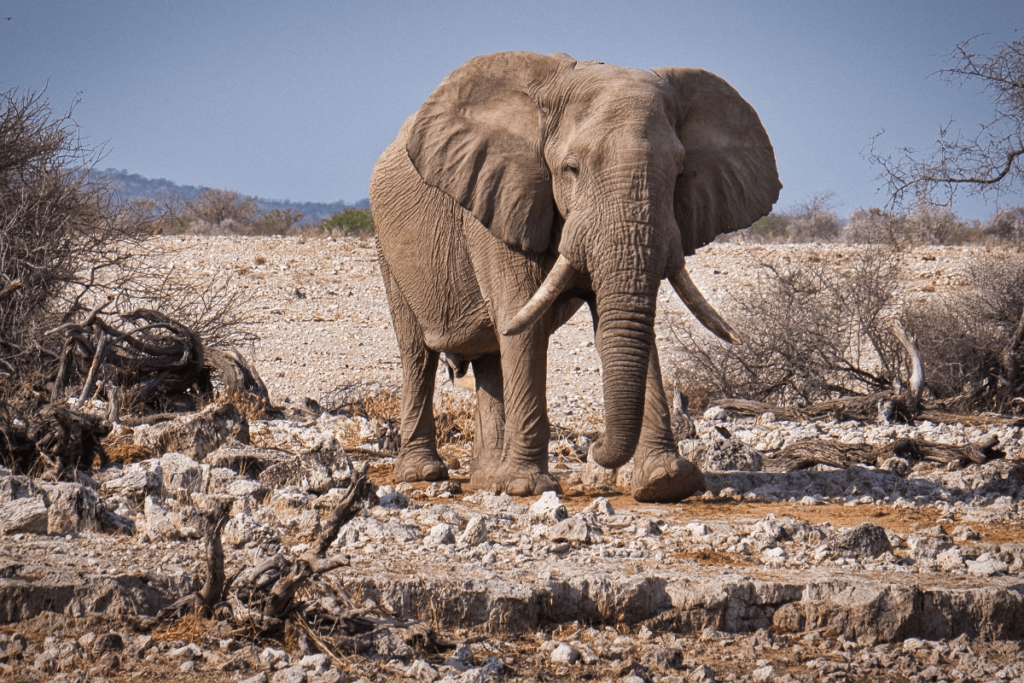
Overview of Intelligence
Among the smartest animals, elephants stand out for their incredible memory, emotional depth, and problem-solving abilities. They have been observed using tools, such as sticks to scratch themselves, and exhibit complex communication through vocalizations and body language. Their ability to demonstrate empathy and mourning behaviors further highlights their intelligence.
Scientific Name: Elephantidae
Practical Example:
At the Elephant Nature Park in Thailand, an elephant named Kham Lha was observed rescuing a human from a river. Kham Lha misunderstood the situation, thinking the person was in distress, and quickly responded by using her trunk to guide them to safety. This demonstrates empathy and quick problem-solving in perceived emergencies.
4. Octopuses
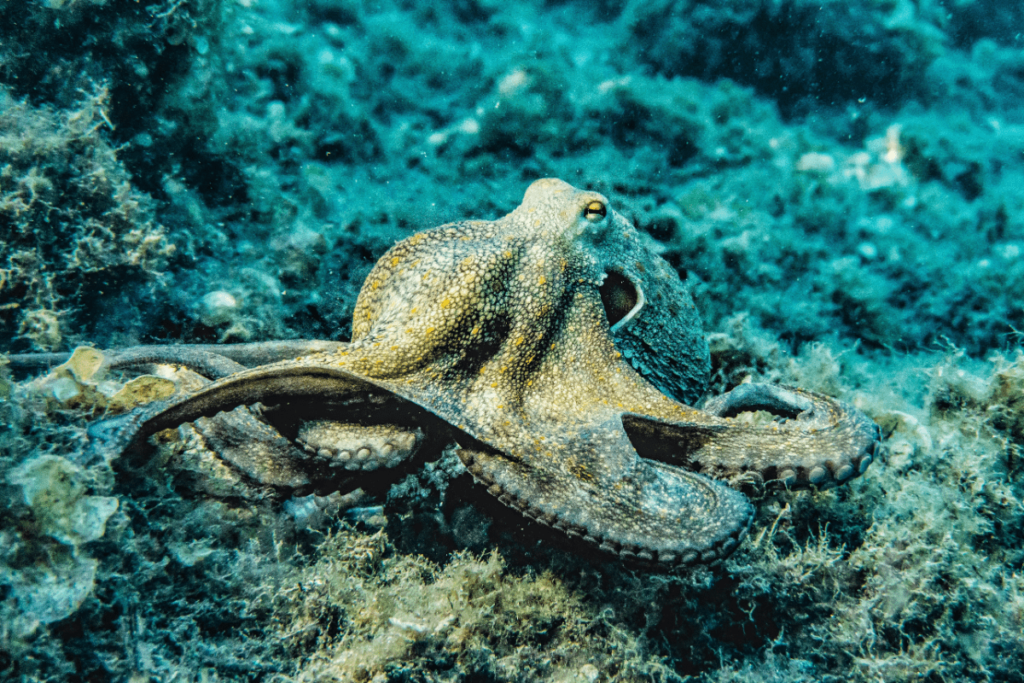
Overview of Intelligence
The octopus frequently makes the top 10 smartest animals list because of its incredible problem-solving skills, adaptability, and escape artistry. They can navigate complex environments, use tools, and exhibit advanced camouflage techniques. Their intelligence is often compared to that of mammals due to their ability to learn and adapt quickly.
Scientific Name: Octopodidae
Practical Example:
In a famous case, an octopus named Inky escaped from the National Aquarium of New Zealand by slipping through a small gap at the top of his enclosure, crawling across the floor, and squeezing through a drain pipe that led to the ocean. This incident highlights the octopus’s problem-solving skills and determination.
5. Crows and Ravens
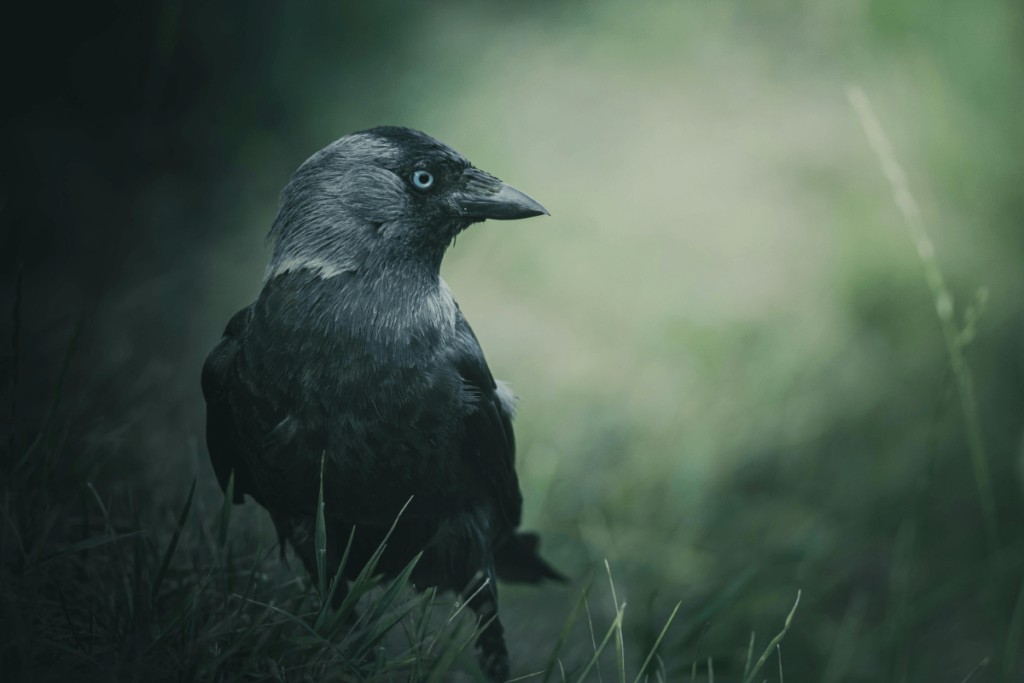
Overview of Intelligence
Crows and ravens are highly intelligent birds, known for their problem-solving skills and tool use. They can solve complex puzzles and have been observed using tools in the wild, such as sticks to extract insects. Their social structures are intricate, and they have sophisticated communication methods.
Scientific Names:
- Crow: Corvus spp.
- Raven: Corvus corax
Practical Example:
New Caledonian crows have been observed bending wire to create hooks to retrieve food from hard-to-reach places. In one experiment, a crow named Betty was able to fashion a hook from a straight piece of wire without any prior training, demonstrating spontaneous problem-solving.
6. Parrots
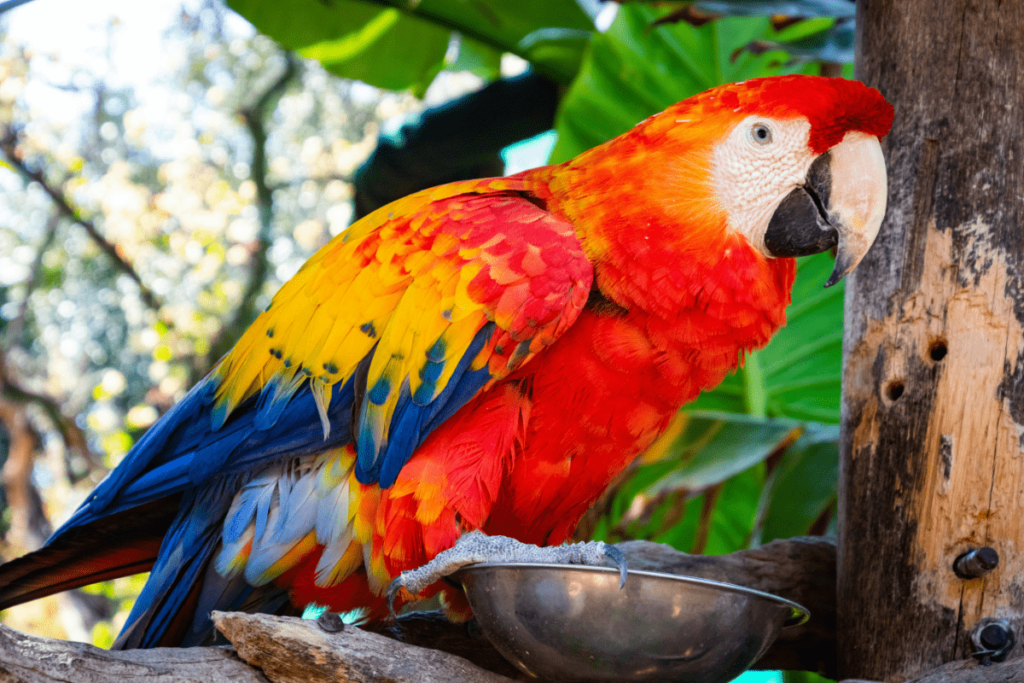
Overview of Intelligence
Parrots are celebrated for their vocal mimicry and problem-solving abilities. They can learn and use human words in context, demonstrating an impressive understanding of language. Their social behaviors and learning skills are also noteworthy, as they can solve puzzles and interact with their environment in meaningful ways.
Scientific Name: Psittacidae
Practical Example:
An African Grey Parrot named Alex was famous for his ability to understand concepts such as color, shape, and number. Under the guidance of researcher Dr. Irene Pepperberg, Alex could identify objects by their color and shape and even understand the concept of zero, showcasing advanced cognitive abilities.
7. Dogs

Overview of Intelligence
Dogs exhibit significant problem-solving abilities and trainability, which makes them excellent companions and working animals. Their social intelligence is evident in their communication with humans and their ability to understand and respond to commands and emotions.
Scientific Name: Canis lupus familiaris
Practical Example:
A Border Collie named Chaser was able to recognize and remember the names of over 1,000 different objects. Chaser could retrieve specific toys based on verbal commands, demonstrating an impressive ability to understand human language and memory retention.
8. Cats
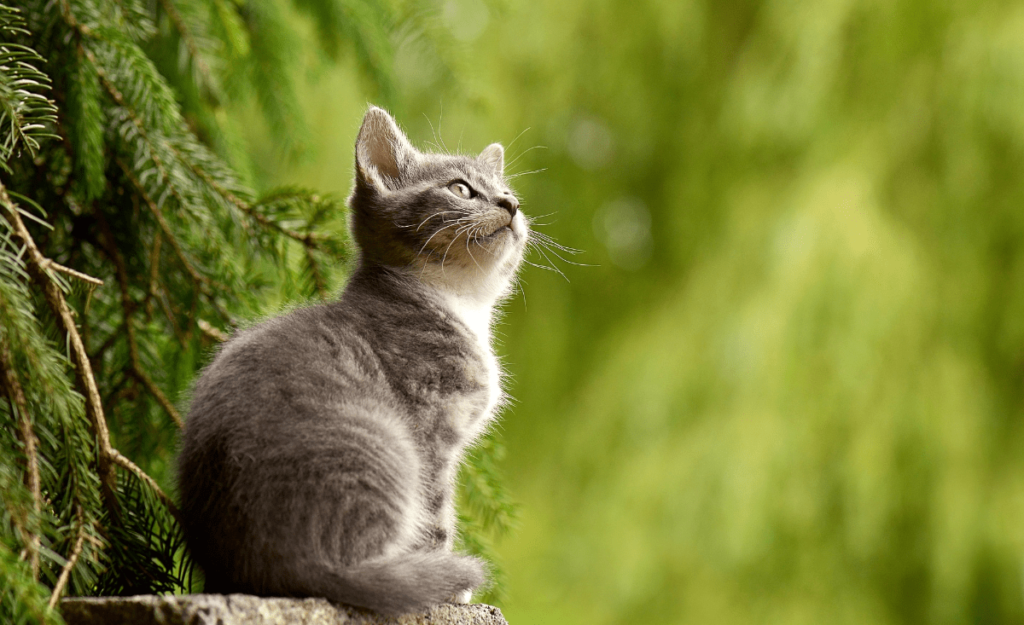
Overview of Intelligence
Cats are known for their adaptability and problem-solving skills. They exhibit complex behaviors and can learn various tasks through observation and trial and error. Their communication with humans and other animals, coupled with their ability to adapt to different environments, underscores their intelligence.
Scientific Name: Felis catus
Practical Example:
In one study, cats were able to learn to operate a complex mechanism to obtain food by watching and imitating humans. This ability to learn through observation, rather than direct training, highlights their cognitive flexibility and problem-solving skills.
9. Squirrels
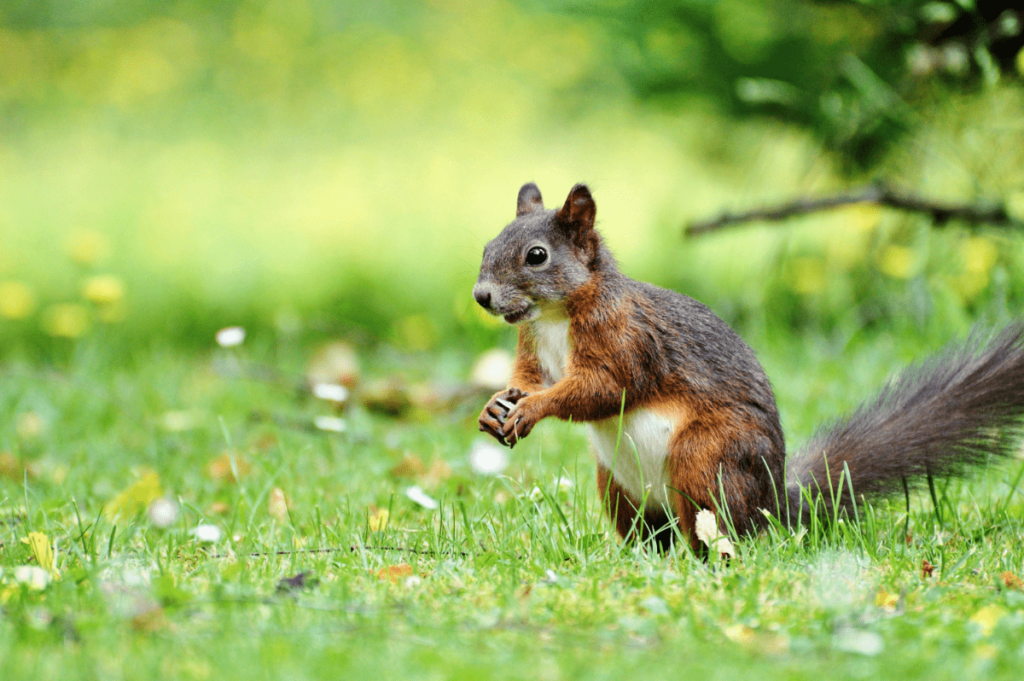
Overview of Intelligence
Squirrels demonstrate impressive problem-solving skills, especially when it comes to accessing food. Their ability to remember the locations of their food caches and adapt their strategies for retrieving them highlights their cognitive abilities.
Scientific Name: Sciuridae
Practical Example:
Researchers have observed squirrels engaging in deceptive behavior by pretending to bury food in one location while secretly hiding it in another to mislead potential thieves. This strategy shows advanced planning and understanding of others’ intentions.
10. Honeybees
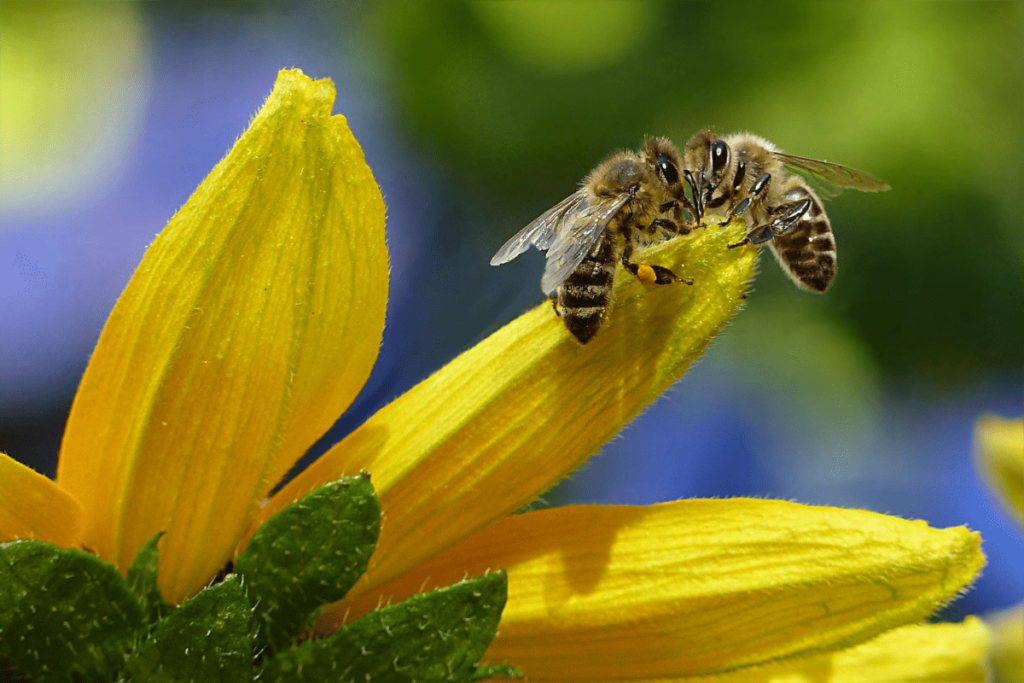
Overview of Intelligence
Honeybees are remarkable for their navigation skills and complex communication through the waggle dance, which conveys information about the location of food sources. Their problem-solving abilities and social organization within the hive are key aspects of their intelligence.
Scientific Name: Apis mellifera
Practical Example:
In an experiment, honeybees were trained to recognize and differentiate between human faces. This ability to learn and recall complex patterns demonstrates cognitive abilities that go beyond simple instincts, indicating advanced problem-solving skills.
11. Orcas (Killer Whales)
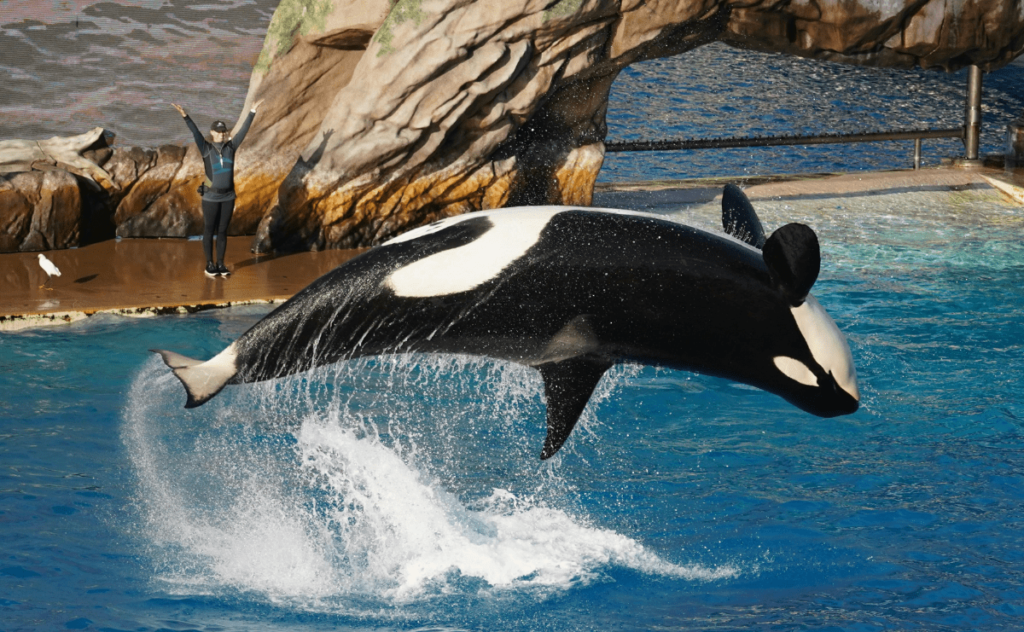
Overview of Intelligence
Orcas, or killer whales, are known for their complex social structures and cooperative hunting techniques. They exhibit advanced communication skills, problem-solving abilities, and a high degree of social intelligence. Their ability to work together and adapt their hunting strategies demonstrates their cognitive prowess.
Scientific Name: Orcinus orca
Practical Example:
In the waters off Patagonia, orcas have been observed intentionally beaching themselves to catch seals, a risky and highly coordinated hunting strategy. They teach this technique to their young, demonstrating cultural transmission of knowledge, similar to how humans pass down skills through generations.
Conclusion
Figuring out what is the smartest animal depends on how we measure intelligence—Some argue that primates are the smartest due to their human-like behaviors, while others believe the octopus, known for its problem-solving and escape skills, holds the title. Meanwhile, many point to the dolphin for its advanced cognitive abilities.
The study of animal intelligence reveals fascinating insights into the cognitive abilities of various species. From the problem-solving skills of octopuses to the complex social structures of orcas, these top 11 intelligent species showcase the diverse and extraordinary ways in which intelligence manifests in the animal kingdom. Understanding the smartest animals helps us appreciate the diversity of intelligence found in the animal kingdom. It also enriches our knowledge and emphasizes the importance of conservation and respectful interaction with wildlife.
Feel free to comment below and share this article to spread awareness about these incredible animals!
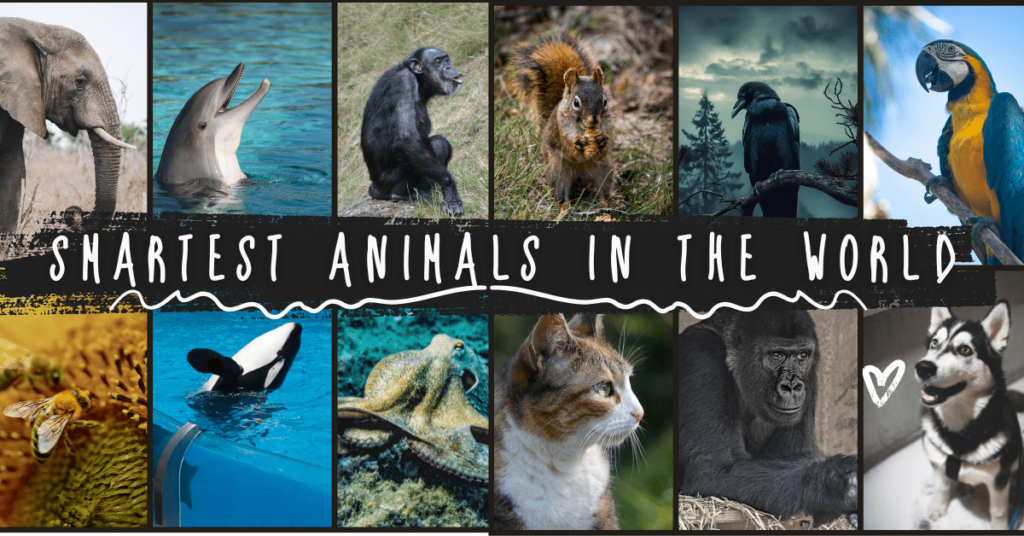
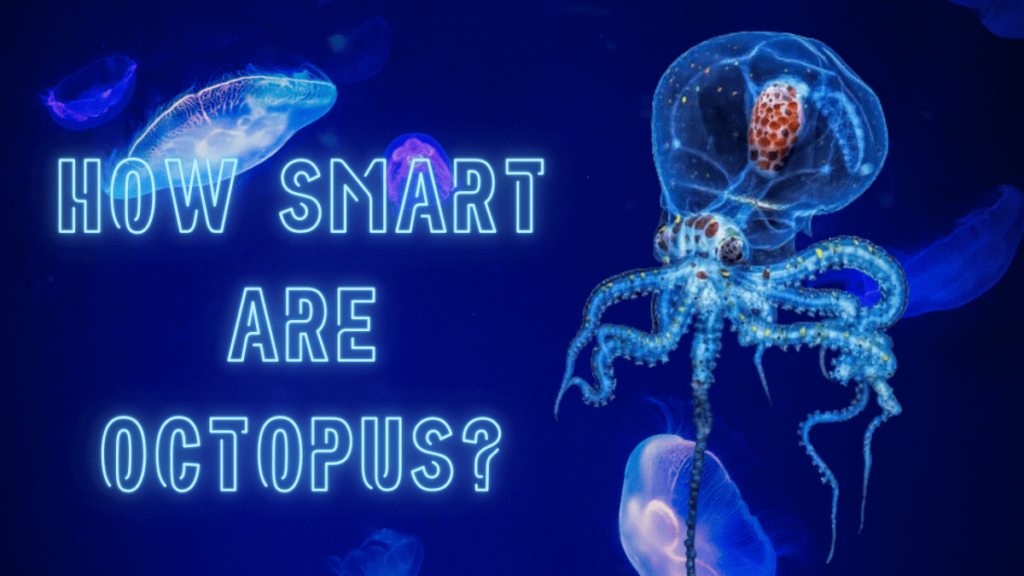
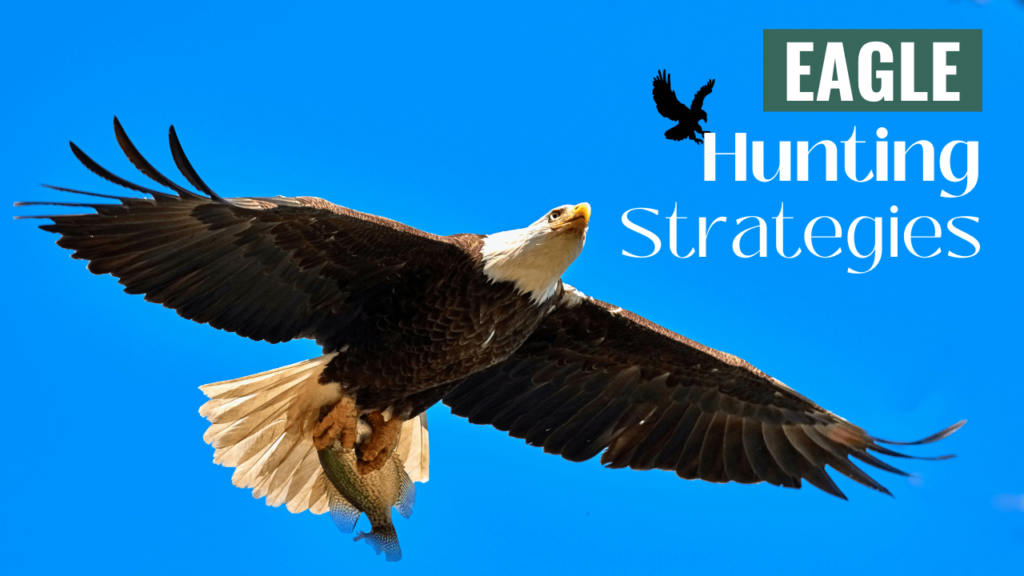


Pingback: How Smart Are Octopuses? 10 Fascinating Traits That Highlight Their Brainpower - primalwildlife.com
Pingback: The Top 10 Longest Living Animals: Nature’s Oldest Survivors - primalwildlife.com
Pingback: How Smart Are Dolphins Really? 10 Incredible Examples of Their Cleverness - primalwildlife.com
Pingback: 10 Fascinating Facts About Orca Hunting: The Ocean’s Apex Predators - primalwildlife.com